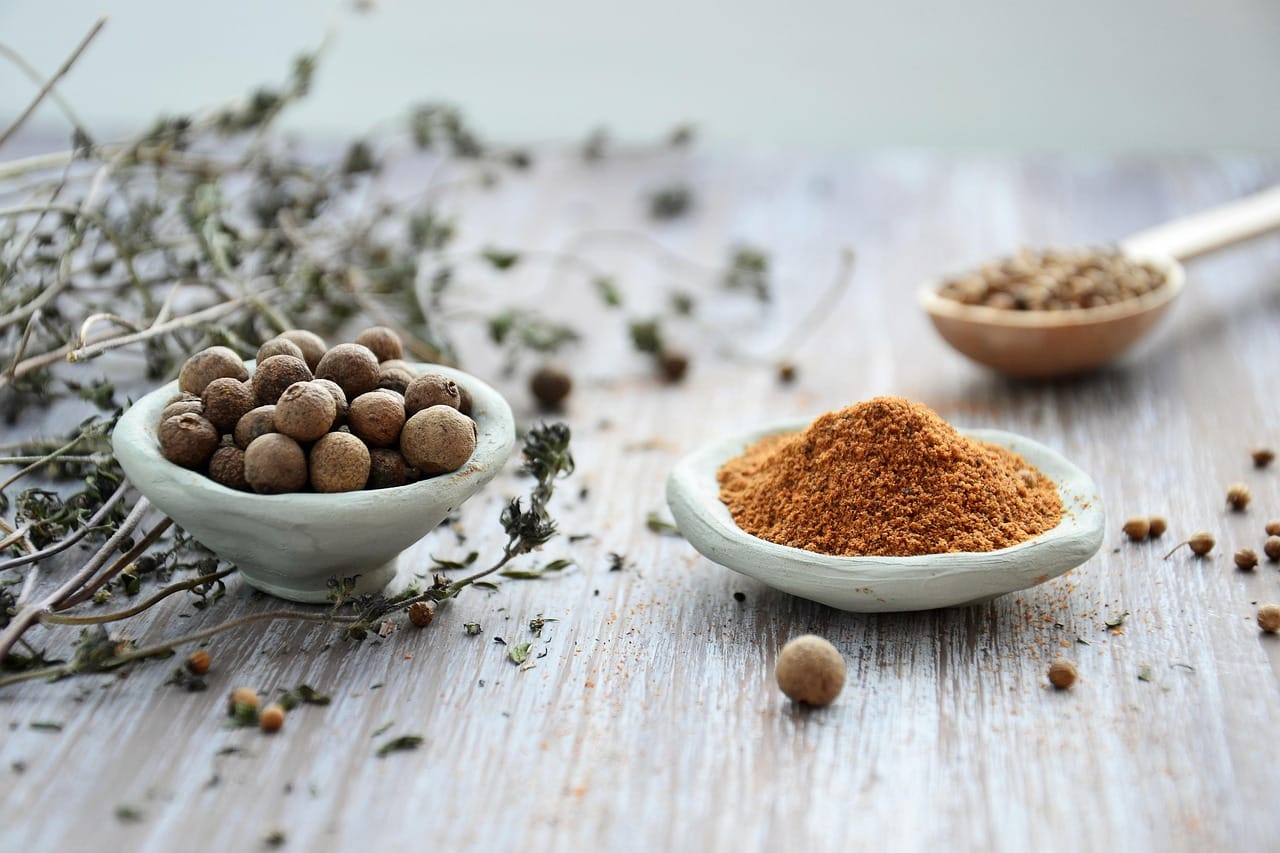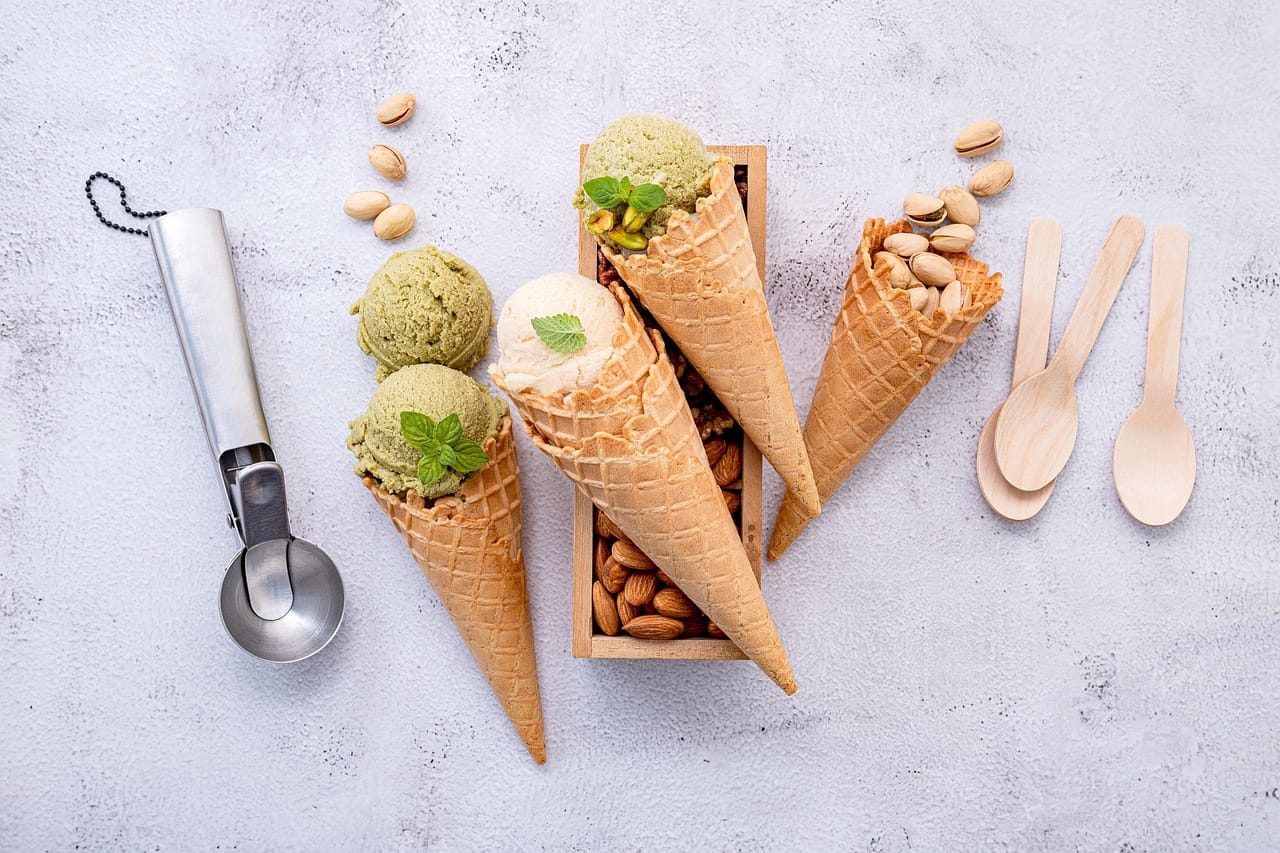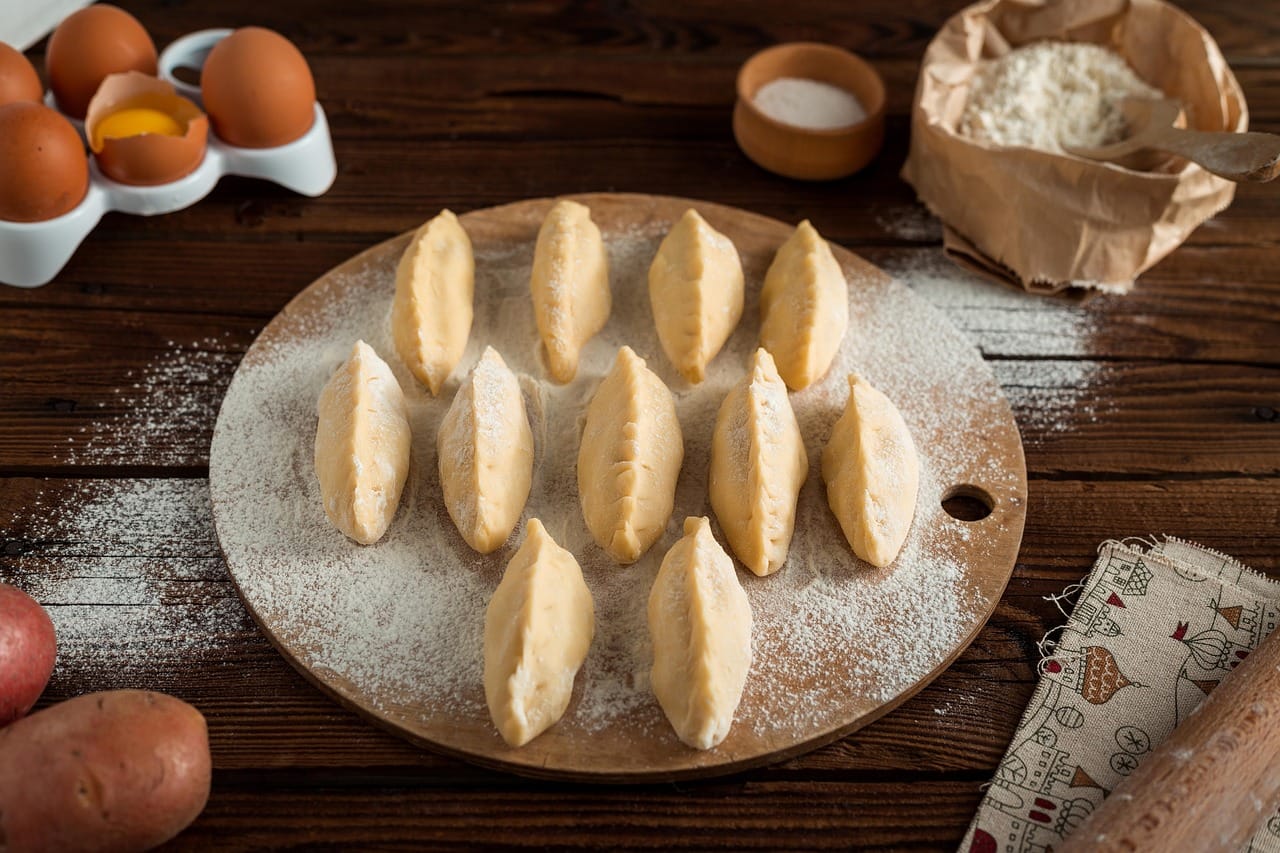Mini quiches: these delightful, bite-sized treats are perfect for breakfast, brunch, parties, or even a quick snack. Versatile and endlessly customizable, they offer a delicious blend of creamy custard, savory fillings, and a flaky crust that’s hard to resist. Whether you’re an experienced cook or a beginner, mastering the art of mini quiche making will undoubtedly elevate your culinary skills and impress your guests.
What Makes Mini Quiches So Appealing?
Portion Control & Convenience
Mini quiches offer perfect portion control. Each bite-sized serving is satisfying without being overly filling, making them ideal for gatherings where you want guests to sample a variety of dishes. Their small size also makes them incredibly convenient; they can be easily transported, stored, and reheated.
- Perfect for parties: Easy to eat and serve.
- Lunchbox friendly: A healthy and satisfying option for kids and adults alike.
- Freezer-friendly: Make a batch and freeze for future enjoyment.
Versatility of Fillings
The true beauty of mini quiches lies in their versatility. You can adapt the fillings to suit any taste or dietary requirement. From classic combinations like Lorraine (bacon and Gruyère) to vegetarian options bursting with fresh vegetables, the possibilities are endless.
- Meat lovers: Bacon, sausage, ham, prosciutto, chorizo.
- Vegetarian delights: Spinach, mushrooms, tomatoes, bell peppers, onions, asparagus.
- Cheese heaven: Gruyère, cheddar, Swiss, mozzarella, goat cheese.
Consider seasonal ingredients to create unique and flavorful combinations throughout the year. For example, use butternut squash and sage in the fall, or asparagus and goat cheese in the spring.
Ideal for Dietary Restrictions
Mini quiches can easily be adapted to meet various dietary needs. Gluten-free crusts are readily available, and dairy-free alternatives like almond milk or coconut cream can be used in the custard base. You can also customize the fillings to cater to specific allergies or preferences.
- Gluten-free: Use almond flour or a store-bought gluten-free pie crust.
- Dairy-free: Substitute dairy milk with almond, soy, or oat milk; use plant-based cheeses.
- Vegetarian/Vegan: Omit meat and use plant-based substitutes like tofu scramble.
Mastering the Crust: From Scratch or Store-Bought?
The Allure of Homemade Crust
Making your own crust from scratch offers unparalleled flavor and texture. While it requires a bit more time and effort, the result is well worth it. A classic pie crust recipe typically includes flour, butter (or shortening), salt, and cold water. The key is to keep the ingredients cold and avoid overmixing the dough to achieve a flaky crust.
Example Homemade Crust Recipe (for approximately 24 mini quiches):
- 1 1/4 cups all-purpose flour
- 1/2 teaspoon salt
- 1/2 cup (1 stick) cold unsalted butter, cut into cubes
- 3-5 tablespoons ice water
Instructions:
- Whisk together flour and salt in a bowl.
- Cut in cold butter using a pastry blender or your fingers until the mixture resembles coarse crumbs.
- Gradually add ice water, one tablespoon at a time, mixing until the dough just comes together.
- Form the dough into a disc, wrap in plastic wrap, and refrigerate for at least 30 minutes.
- Roll out the dough and cut into circles to fit your mini muffin tin.
Convenience of Store-Bought Crust
For a quicker and easier option, store-bought pie crusts are a fantastic choice. They come pre-made and ready to roll out, saving you valuable time in the kitchen. Choose a high-quality brand for the best flavor and texture. Puff pastry also works wonderfully for mini quiches, creating a light and airy crust.
Tips for using store-bought crust:
- Allow the crust to thaw slightly before unrolling.
- Use a cookie cutter or knife to cut out circles slightly larger than your muffin tin cups.
- Gently press the crust into the muffin tin, ensuring it fits snugly.
Blind Baking: Preventing a Soggy Bottom
Blind baking is the process of pre-baking the crust before adding the filling. This is crucial for preventing a soggy bottom, especially when using moist fillings. Line the crust with parchment paper, fill it with pie weights (or dried beans), and bake at 375°F (190°C) for about 10-15 minutes, or until lightly golden. Remove the weights and parchment paper, and bake for another 5 minutes to dry out the bottom completely.
Crafting the Perfect Custard Base
Classic Custard Recipe
The custard base is the heart of any quiche. A simple and classic recipe typically includes eggs, cream (or milk), salt, and pepper. The ratio of eggs to cream determines the richness and texture of the custard. For a lighter quiche, use more milk than cream. For a richer, more decadent quiche, use more cream.
Example Custard Recipe (for approximately 24 mini quiches):
- 4 large eggs
- 1 cup heavy cream
- 1/2 cup milk
- 1/4 teaspoon salt
- 1/4 teaspoon black pepper
Instructions:
- Whisk together eggs, cream, milk, salt, and pepper in a bowl until well combined.
- Adjust seasoning to taste.
Exploring Flavor Enhancements
Elevate your custard base by adding flavor enhancers such as:
- Fresh herbs: Thyme, rosemary, chives, parsley.
- Spices: Nutmeg, paprika, cayenne pepper.
- Aromatics: Garlic powder, onion powder.
- Cheese: Grated Parmesan or Gruyère cheese added directly to the custard.
Avoiding Curdling
Curdling occurs when the custard is overcooked, causing the eggs to separate and the texture to become grainy. To prevent curdling:
- Bake the quiches at a lower temperature (325°F or 160°C).
- Don’t overbake. The quiches are done when the custard is set but still slightly wobbly in the center.
- Use a water bath. Place the muffin tin inside a larger baking pan and fill the pan with hot water until it reaches halfway up the sides of the muffin tin. This helps to distribute the heat evenly and prevent the custard from cooking too quickly.
Assembling and Baking Your Mini Quiches
Filling Distribution
Evenly distribute your chosen fillings among the prepared crusts. Avoid overfilling, as this can cause the quiches to overflow during baking. Aim for about 2/3 full.
Pouring the Custard
Gently pour the custard base over the fillings, making sure to cover them completely. Again, avoid overfilling. A small gap between the custard and the top of the crust allows for expansion during baking.
Baking Time and Temperature
Bake the mini quiches in a preheated oven at 325°F (160°C) for approximately 20-25 minutes, or until the custard is set and lightly golden brown. A toothpick inserted into the center should come out clean.
Cooling and Serving
Allow the mini quiches to cool in the muffin tin for a few minutes before transferring them to a wire rack to cool completely. This helps prevent them from sticking to the tin. Serve warm or at room temperature. They can also be stored in the refrigerator for up to 3 days and reheated as needed.
Creative Mini Quiche Recipes to Try
Classic Lorraine
Combine cooked bacon or pancetta with grated Gruyère cheese for a timeless and satisfying flavor combination.
Spinach and Feta
Sauté spinach with garlic and combine with crumbled feta cheese for a healthy and flavorful vegetarian option.
Mushroom and Swiss
Sauté sliced mushrooms with onions and combine with grated Swiss cheese for an earthy and savory quiche.
Tomato and Basil
Use cherry tomatoes halved, along with fresh basil leaves, and a little bit of mozzarella cheese for a Mediterranean-inspired quiche.
Smoked Salmon and Dill
Combine chopped smoked salmon with fresh dill and a squeeze of lemon juice for an elegant and flavorful quiche perfect for brunch.
Conclusion
Mini quiches are a versatile and delicious addition to any menu. With endless possibilities for customization, you can create unique and flavorful variations that cater to your preferences and dietary needs. By mastering the art of crust making, custard preparation, and creative fillings, you’ll be able to impress your friends and family with these delightful bite-sized treats. So, gather your ingredients, unleash your creativity, and embark on a mini quiche adventure today!




